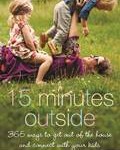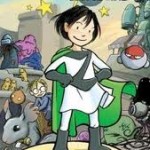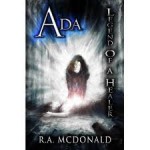 Mothers and Daughters by Rae Meadows is about three generations of women all trying to do the best they can as they raise their daughters. Each has a tale to tell of their relationships to their mothers, as well as how they relate to their own children.
Mothers and Daughters by Rae Meadows is about three generations of women all trying to do the best they can as they raise their daughters. Each has a tale to tell of their relationships to their mothers, as well as how they relate to their own children.
Sam is the modern mother of an infant. She can’t bear to be separated from her daughter for even short times. She knows she can’t go back to the woman she was before her baby was born, even though there’s a part of her that longs to create art with her pottery wheel.
Sam’s mother is Iris, who tells her story from her retirement home in Florida, where she is spending her final days in a struggle with cancer. Iris remembers the hard life she spent growing up on a farm in Minnesota, and her mother, Violet, who never showed much affection.
Violet loved her daughter, but she harbored a secret about her past and the true place she was born and grew up. It’s left to Sam to puzzle out the story her grandmother never talked about, the details of which only the reader of the novel knows.
Mothers and Daughters examines so many emotions a woman can feel in relation to her children: protective, loving, helpless, powerless, inadequate, fierce and invincible. Each of the women profiled has to break away from their mothers and become independent. They each do it in their own way, influenced heavily by the times they live in. It touches on the story of the Orphan Trains that took children away from their lives in New York City to farms in the heartland, and the shame these children often took with them as they went. It’s a powerful book that captures the joys as well as the heartaches of being either a mother or a daughter.








